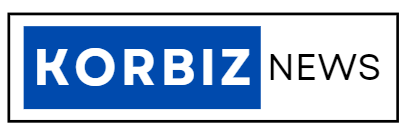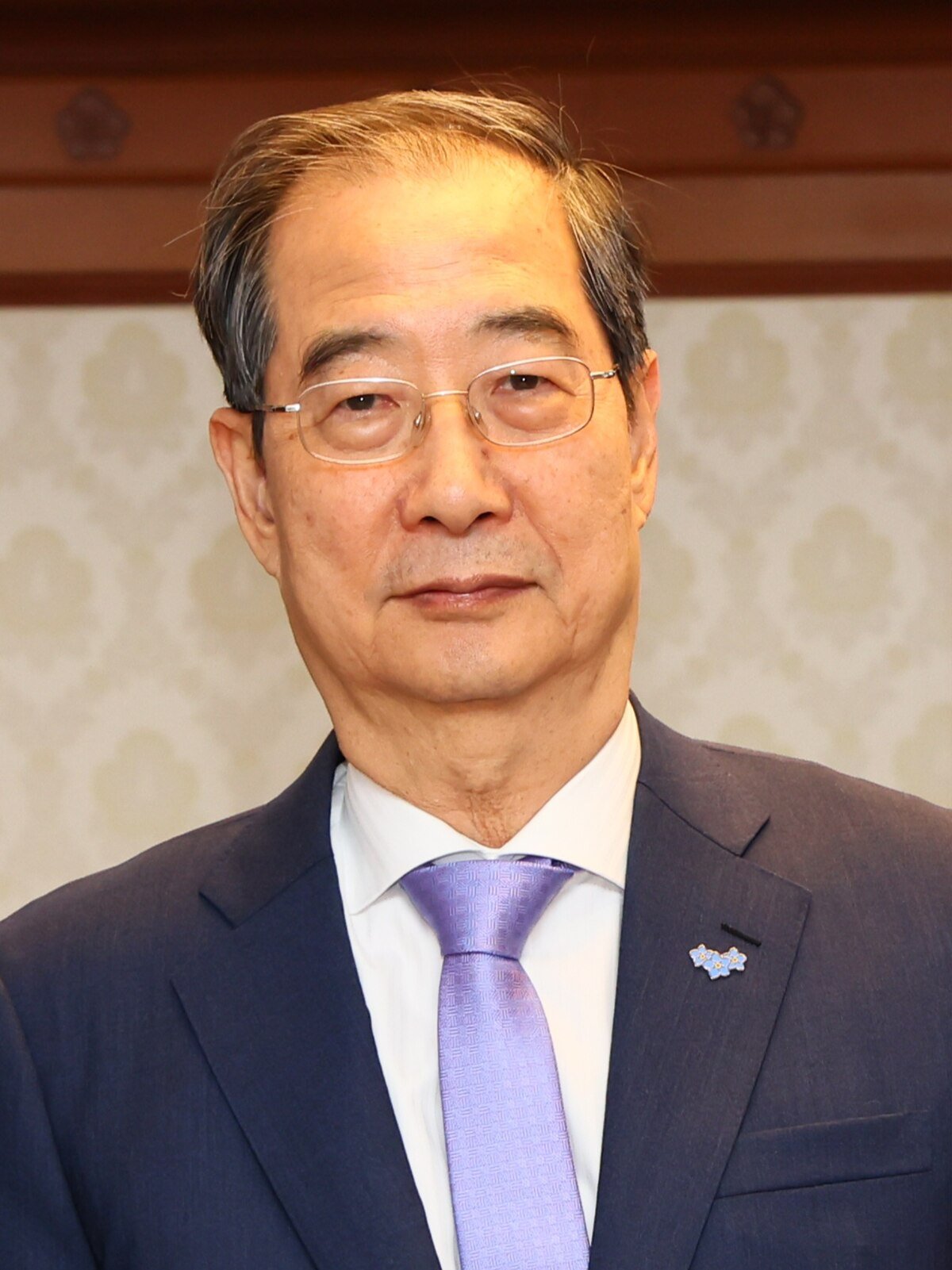
John Lee, deputy administrator of the mission directorates at the newly launched Korea AeroSpace Administration (KASA), emphasized the need for the international community to strengthen collaboration for sustainable and safe lunar exploration during a United Nations meeting.
Lee, who oversees major research and development projects at KASA, joined the Sustainable Lunar Activities Conference hosted by the U.N. Committee on the Peaceful Uses of Outer Space (COPUOS) in Austria’s Vienna, June 18 (local time).
In April, he was appointed as KASA’s R&D chief, being recognized for his expertise as he worked for around 30 years at the U.S. National Aeronautics and Space Administration (NASA) and the White House. He especially served as a senior advisor for flight projects at NASA’s Goddard Space Flight Center until 2021.
At the conference, Lee introduced the space agency that Korea launched in May to member states. He also stressed the need for establishing international norms for lunar activities through international cooperation, saying that Korea will actively participate in this effort.
“Korea shared its experience of conducting collision avoidance maneuvers once each with the United States’ Lunar Reconnaissance Orbiter (LRO), India’s moon orbiter Chandrayaan-2 and Japan’s moon lander Smart Lander for Investigating Moon (SLIM) while operating the Danuri lunar orbiter,” Lee said during a panel discussion session at the conference.
“To prevent interference and collisions between missions of countries exploring the moon, it is important to share advance information about each mission.”
Korea, which operates the Danuri lunar orbiter launched in August 2022, was invited to this conference as a country actively engaged in lunar exploration activities, KASA said.
With the recent surge in global lunar exploration activities, the need for international cooperation to ensure safe and sustainable lunar activities for all nations has emerged through the U.N. COPUOS due to the increased possibility of interference and collisions between missions.
The R&D chief participated as a discussion panelist along with senior officials from space agencies such as the U.S., China, Germany and Luxembourg, emphasizing the importance of sharing mission information and openly sharing scientific data as key principles for the sustainability of lunar exploration activities.
“Since lunar exploration activities should contribute to all of humanity, lunar exploration nations should proactively disclose the scientific data obtained through their exploration activities,” he said.
Lee also showcased lunar images captured by the Danuri at the event and promoted KASA’s inauguration and Korea’s achievements in lunar exploration to the international community.
“With the establishment of KASA, Korea will actively participate in international cooperation activities to establish an international order for safe and sustainable lunar activities,” the R&D chief said. “We will strive to pursue international cooperation with various countries to become an influential member of the international space community.”






